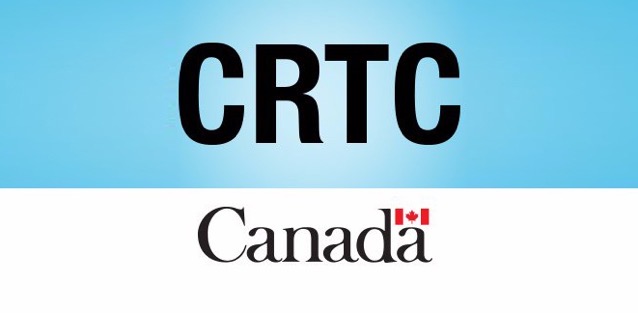
CRTC Chair Ian Scott has Been ‘Disastrous for Public Confidence,’ Says Telecom Expert

With mere weeks remaining in Ian Scott’s term as chairman of the Canadian Radio-television and Telecommunications Commission (CRTC), one telecom expert has said his tenure has proven “disastrous for public confidence” in the regulator.
“I think it’s been disastrous for public confidence at the CRTC at the very time that the government wants to hand over even greater power to the regulator,” said Michael Geist, who serves as the Canada research chair in internet and e-commerce law at the University of Ottawa.
Review of Ian Scott’s tenure as CRTC chair. My takeaway:
“I think it’s been disastrous for public confidence at the CRTC at the very time that the government wants to hand over even greater power to the regulator”https://t.co/woCnMRBRie— Michael Geist (@mgeist) November 28, 2022
Geist’s comment about Ottawa wanting to give more power to the CRTC referred to the controversial Bill C-11 (aka the Online Streaming Act) and Bill C-18, both of which are designed to give the telecom watchdog more authority over online media.
Scott, who is a former Telus VP, called Geist’s criticism of his tenure a mischaracterization. He said that his commission’s approach has been to consider all the evidence with an unbiased and thorough eye.
“Whatever decisions you make, there are always winners and losers,” Scott said. “Death and taxes are unavoidable. Maybe so is criticizing the regulator.”
Scott’s term was originally supposed to end back in September. However, the feds extended it until January 4, 2023, to find a suitable replacement, which they still haven’t managed to do.
While Scott’s predecessor, Jean-Pierre Blais, was widely known as pro-consumer, Scott didn’t follow in his footsteps. Scott wanted to be neither “pro-consumer” nor “industry shill.” Instead, he wanted to be known as “pro-public interest.”
Scott’s term as CRTC chair has also been turbulent for businesses, featuring two heavily contested decisions regarding business dealings between independent telecom operators and incumbents.
One of these was the CRTC’s decision to overturn its own 2019 ruling that reduced wholesale broadband rates, sending them soaring back up to 2016 levels and leading to higher consumer internet bills.
Another was the CRTC’s decision on mobile virtual network operators (MVNOs), which required the incumbents to share their networks with regional operators who owned their own spectrum and infrastructure.
When asked if there was anything he would have done differently during his term, Scott confidently said there wasn’t. “No. We believe they’re the best decisions, based on those records,” he said.
“I’ve taken the high road with respect to public commentary. I don’t bite, I don’t debate and I don’t engage in petty arguments.”
Activists and even people within the federal government would disagree, however. “The fact is that the CRTC, in the last five years, has drifted along completely rudderless,” said John Lawford, executive director of Canada’s Public Interest Advocacy Centre.
Scott’s term as CRTC chair has often been criticized for being ineffective and taking too long with decisions. In a draft policy directive issued in May, Innovation, Science and Economic Development (ISED) Canada instructed the CRTC to promote competition and make decisions and activities more clear, timely, and effective.
Check out The Globe and Mail‘s story for a recap of Scott’s career.

